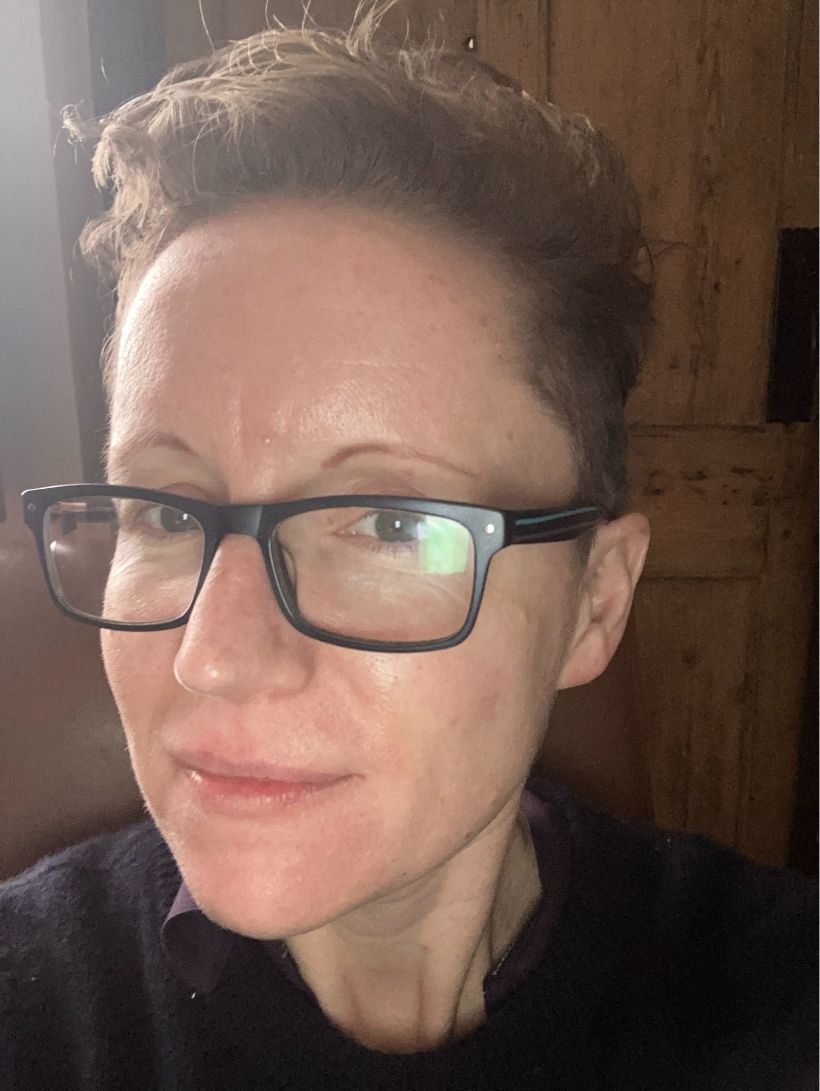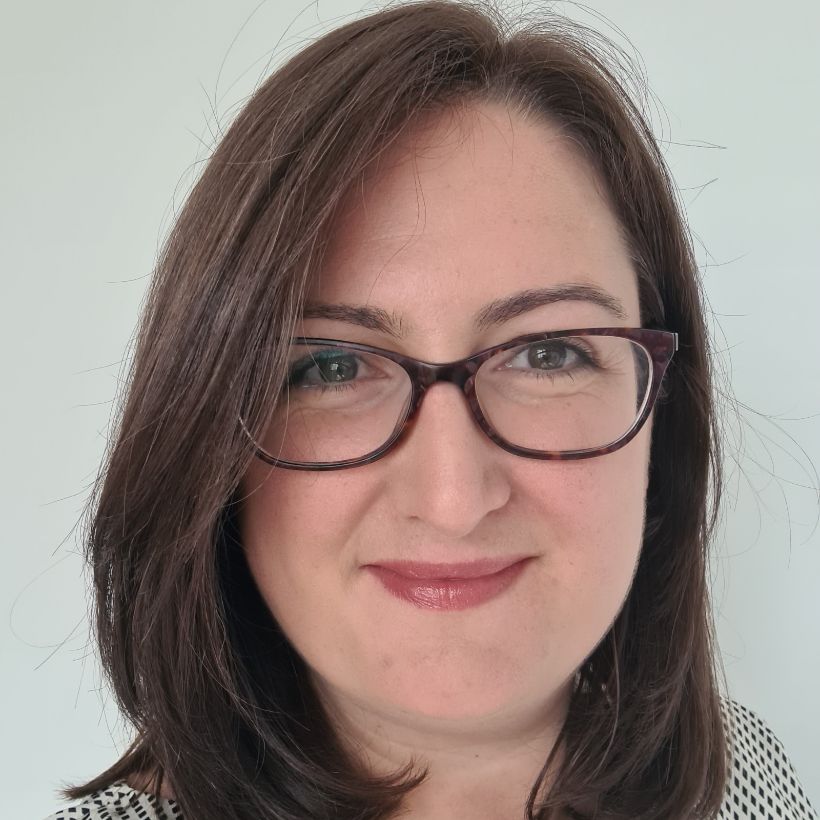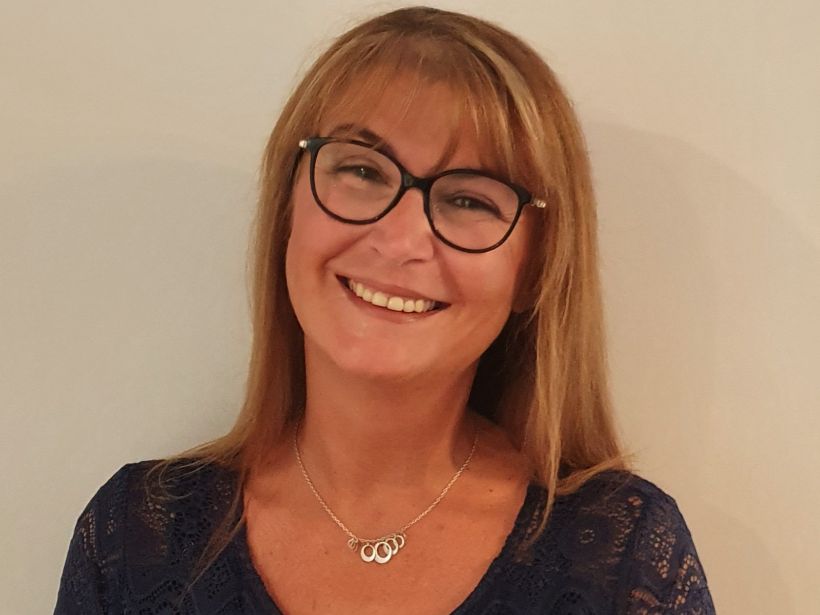Louise Dunstan-Rice, senior business sponsor, Making Tax Digital

Location: Liverpool
When and why did you join the civil service? I joined the civil service in 2006; I applied to the Home Office because I had a strong interest in immigration. However, I soon realised that there were so many different opportunities across different departments.
What does your role involve? In my current role, I represent HMRC’s customer service group and work on its behalf to ensure that big digital transformation lands effectively within operations. This means working upstream with policy and design to get the changes right from the beginning and then working with operational and change colleagues on the ground to embed change smoothly with frontline advisors.
What is your best piece of career advice? The best career advice I can give is to enjoy the journey; whilst I’ve had ups and downs like everyone else, I have had such a varied career so far, everything from negotiating a directive on radiation in Brussels, to designing a new tax, to managing a compliance team, to supporting COVID response activity back in March 2020. I haven’t necessarily taken the most direct route for progression, but I have enjoyed the scenery along the way. I wouldn’t swap any of the experiences I’ve had or the relationships I have built.
"There are still areas where old cultures prevail and cast a shadow"
What improvements have you seen in gender equality in your time in the civil service? Some of the hardest times I’ve had have been when I have had managers who have been very inflexible around caring responsibilities (I have two still youngish children), but that has improved over the last ten years for me; I appreciate not everyone may agree but my personal experience is that a sensible level of flexibility now seems to be the norm.
Where do you think progress is still most needed? I know there are still areas where old cultures prevail and cast a shadow – we need to be more confident in the civil service in challenging this head-on.
What impact has Places for Growth had on your career, and/or more widely on women in the civil service? Places for Growth has made a big difference. It has meant both more and different opportunities for me, especially within the senior civil service—gone are the days of waiting for your manager to move on so you could apply for the one available role in your area! And by making London no longer the sun everyone else orbits around, it has meant a lot less travel.
There was a time when I was on first names with the check-in desk at the Travelodge in London Waterloo I was there so often, but now I travel less but visit more of the UK, and it’s enjoyable, not a chore, on the occasions I do make it to Whitehall.
These changes have helped so many people accelerate their careers. I feel lucky to be a civil servant in an age when you can spend your whole career in Merseyside, have two children and get to SCS without ever having to compromise on enjoying the job each day.
Paula McLeay, programme director, Places for Growth

Location: Glasgow
When and why did you join the civil service? I joined the civil service 15 months ago, having worked for over 20 years in the wider Scottish public sector. When I left university, I flirted with the idea of applying for the fast stream but didn’t want to move to London. So, I went to Brussels to work in the European Parliament for a few years before coming back to settle in Scotland, where I have family. I’ve worked across the third sector, local government and in close partnership with the Scottish Government, but I never thought I would have the opportunity to serve my national government. Now, I lead the Places for Growth team from the Cabinet Office’s second HQ in Glasgow.
What does your role involve? As programme director, I lead the Places for Growth team to deliver on the PfG targets, the Plan for London and support a thriving civil service community outside of London. This involves working closely with departments and civil service leaders in regions across the UK to support, track and deliver on our programme objectives.
"A modern and inclusive approach to flexible working is crucial for the civil service to make the most of its talented women"
What is your best piece of career advice? Seek out and build connections with colleagues and leaders who will support, mentor, advise and champion you and, importantly, invest that support back into the generations of women who are following in your footsteps.
What improvements have you seen in gender equality in your time in the civil service? Having come to the civil service from local government, I have been so encouraged and delighted to see the level of gender balance in the Cabinet Office and even more delighted to see Cat Little as our new perm sec.
Where do you think progress is still most needed? A modern and inclusive approach to flexible working is crucial for the civil service to make the most of its talented women. Senior roles in the civil service are rightly demanding, but this can still feel incompatible with the commitment to be a great mother. We must keep challenging our culture to ensure it enables women –and all parents and carers – to do both.
What impact has Places for Growth had on your career and/or more widely on women in the civil service? Through Places for Growth, I am hugely proud to be able to say that I lead a cross-government national programme to improve and transform the UK government from Scotland. I don’t think I would have had this opportunity to participate and grow my career as part of the UK civil service without the commitments that have been made through Places for Growth.
The Cabinet Office investment in Glasgow is now going from strength to strength, and we have an additional 54 SCS roles in Scotland as a result of PfG. The opportunities for women in Scotland to make their mark and contribute to the work of our government are greater than ever.
Maria Riding, head of asylum operations, Home Office

Location: Liverpool
When and why did you join the civil service? I joined the civil service in 2006, having previously worked in the travel industry and retraining as an adult to gain a degree. I applied via the Liverpool Echo, which was advertising for case workers within the Home Office. The flexible hours appealed to me, as I had a new baby at that time.
What does your role involve? Managing asylum decision-making teams across the UK.
What is your best piece of career advice? Don’t shy away from the hard stuff. Be hard on the issues, but kind to the person. Anything is possible. Get a good mentor— they are a great help to self-doubt!
What improvements have you seen in gender equality in your time in the civil service? More female presence at the board and perm sec level, with more diverse backgrounds and experience. The civil service is a place for women to progress in now and equality is taken seriously.
Where do you think progress is still most needed? Margins within wage differences, whilst being actively addressed, still have a bit more to go.
What impact has Places for Growth had on your career, and/or more widely on women in the civil service? Places for Growth has provided a supportive network of people who are available for peer support and to share career conversations and ideas with. It is a great initiative; having a team based in the NW, working alongside national teams, means we get the benefits of both a local and national perspective on all issues.